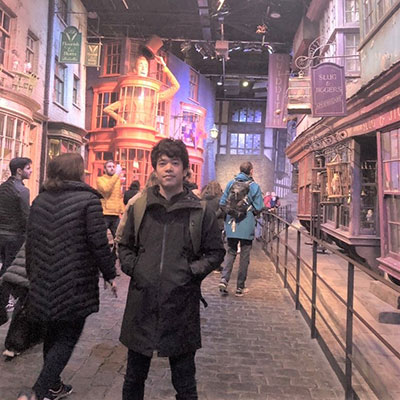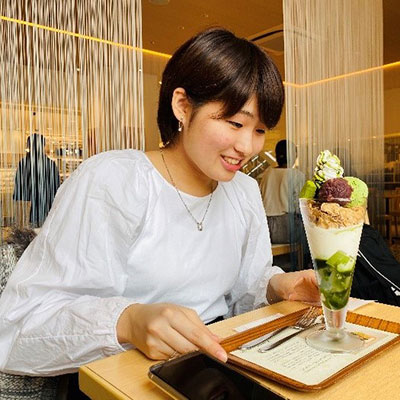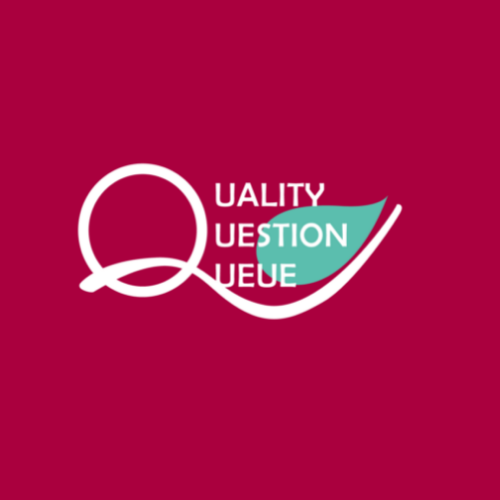We, the "Project Q" team, are a team of learning support staff ALRCS, has been interviewing professors about their teaching methods, innovations, and ideas for lectures, and posting these articles on the Academic Office Website to improve the quality of APU classes. However, we felt that having articles solely on professors would not be enough to achieve this goal of “improving the quality of APU classes,” so we decided to hold interviews with students to add elements which they could also learn from and incorporate into their classes.
We asked four current APU students with high performance levels to share useful information related to studying, and we hope that our student readers will find this information useful for their future studies.
Martin Jo: APS 4th year student, Environment and Development Major, Professor Sudo’s Seminar
Tomoe Kinoshita: APM 3rd year student, Finance and Accounting Major, Professor Nakajima’s Seminar
【Part 1: Q & A on Classes】
Q. What kinds of practices do you have for learning during class? (Kawamura)
Martin:Before the pandemic when classes were in person, I made sure to sit in the front row.
Kinoshita:What I am the most conscious of is solving what I don't understand during class, and making sure that I basically understand the whole class. If I don't understand something, I try to ask questions on the spot or ask the teacher after class to solve the problem. Online, it is difficult to interrupt the teacher to ask questions, so I send questions via the chat or ask the teacher during the 5-minute break periods.
Q. What kinds of classes do you find interesting? (Kawamura)
Martin:I am interested in classes in which students participate in group discussions, because unlike classes in which the teacher gives a one-way explanation, the students themselves get to participate, which changes their attitude towards the class and deepens their understanding. I also like the way Koyama-sensei talks about geography in the Asia Pacific in class, and I recommend this class as it draws student interest rather than providing a bland explanation.
Kinoshita:I also find group work to be the most interesting. The reason is that it is an opportunity to be able to output what you have learned in class, or in other words, the input. I think that the meaning of university is to learn how to use the input in your own way.
Q. Sometimes online group work can be daunting. How do you handle it? (Kawamura)
Kinoshita:When a group is asked to submit an assignment, everyone works on it because they are aware that they have to do it, but if there is no assignment and the group is gathering for a discussion, I think that time is the most difficult. As a result, what I've been trying to do lately is to create a positive atmosphere by greeting my teammates the moment we enter the Breakout Room.
Q. Do you do any kind of studying to increase your expertise? (Kawamura)
Martin:Outside of class, I use office hours to discuss anything I don’t understand or any topics aside from the class that I am interested in with the professors. After gaining knowledge to a certain degree, when I look at the news in the newspaper or on TV, I can relate it to what I have learned and I feel a stronger interest in the topics. I recommend Abema Prime News as it covers content that commercial broadcasting doesn’t, and I try to broaden my way of thinking and knowledge through watching it.
Kinoshita:My major is in accounting and finance, so I participate in extracurricular activities such as communities which study finance. With the widespread use of online services during the COVID-19 pandemic, there has been an increase in study groups and gatherings independently run by professors from other universities, so I often participate in these groups when the topic captures my interest. Other than that, I watch news or read the Nikkei Shimbun.
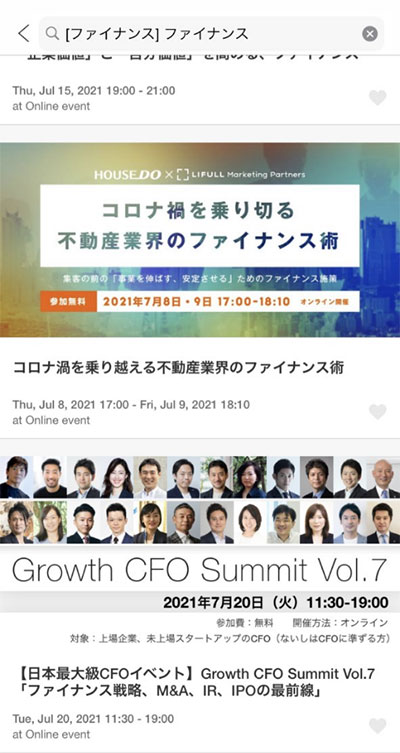
Events through the “Peatix” app (Kinoshita)
Q. How did you discover these outside communities? (Kawamura)
Kinoshita:There's an app called Peatix which shows a list of various online events, and you can purchase tickets for the ones you would like to attend, both free or for a fee, to participate. Through this app, I join events which I think seem interesting.
Q. What is your process for writing reports? (Kawamura)
Martin:If I know the topic of the assignment, I obtain the necessary information from Google Scholar and works in the library to some extent, establish my own ideas, and then start writing with plenty of time to spare.
Kinoshita:I’m still in my third year, so I’m not using any official databases, but the first thing I do before writing a report is gather information. I thoroughly obtain information related to the topic of the report. After that input, I find something that I think is interesting or that I think will be the most relevant to the topic, and then begin to write.
Q. What do you do if you have a problem or question while writing a report? (Eunkyoung)
Martin:If I have a question, I may ask my professor. However, it’s hard to identify mistakes, including typos, in your own reports. Therefore, in my case, I have my siblings read my paper and I improve any parts that they say they didn’t understand.
Kinoshita:I also think it is very difficult to find mistakes in my own writing, so I always make sure to leave the report for one day after writing it and reread it the next day.
ProjectQ Interviewer
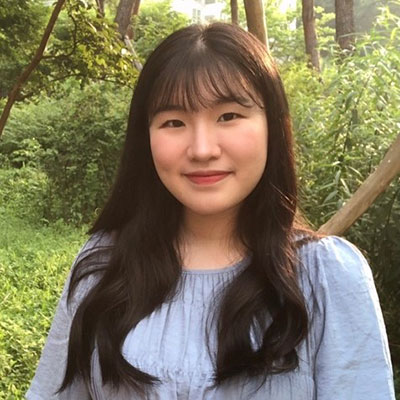
Name: Eunkyoung College: APS, ED
Country/Region: Korea
Annyong (greeting in Korea)! I'm Eunkyoung, an APS third year student majoring in Environment and Development Studies. I love to communicate with people from various countries and make new friends. I wish to make those people happy with my positive energy. In APU, I will strive to start new things, and I will never stop challenging.
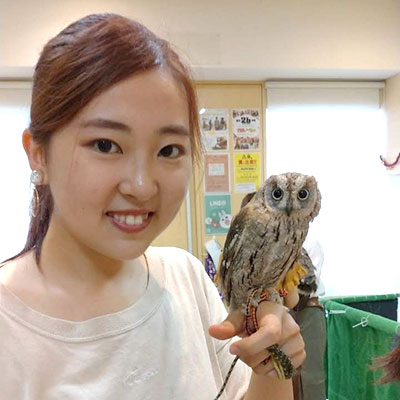
Name: Anzu Kawamura College: APS Country/Region: Fukuoka, Japan
Hello! I'm Anzu, a fourth-year student of the Environment and Development Studies! My hobbies are birdwatching and playing games. Since I am confined to Kyushu, I would like to travel all over Japan to see birds that I cannot see in Kansai.Through the activities of Project Q, I've been writing articles about various ideas and practices of professors and students, and I hope they will be useful for your study!
ProjectQ from ALRCS
Project Q is a team within the student organization ALRCS that is working to improve the Quality of learning at APU by interviewing professors and students (Questions) and compiling them into articles (Queues). On the Academic Office website, we have posted several interviews with professors about their good practices that they implement while teaching classes. Please take a look at them and use them as a reference for your future studies and course registration!


